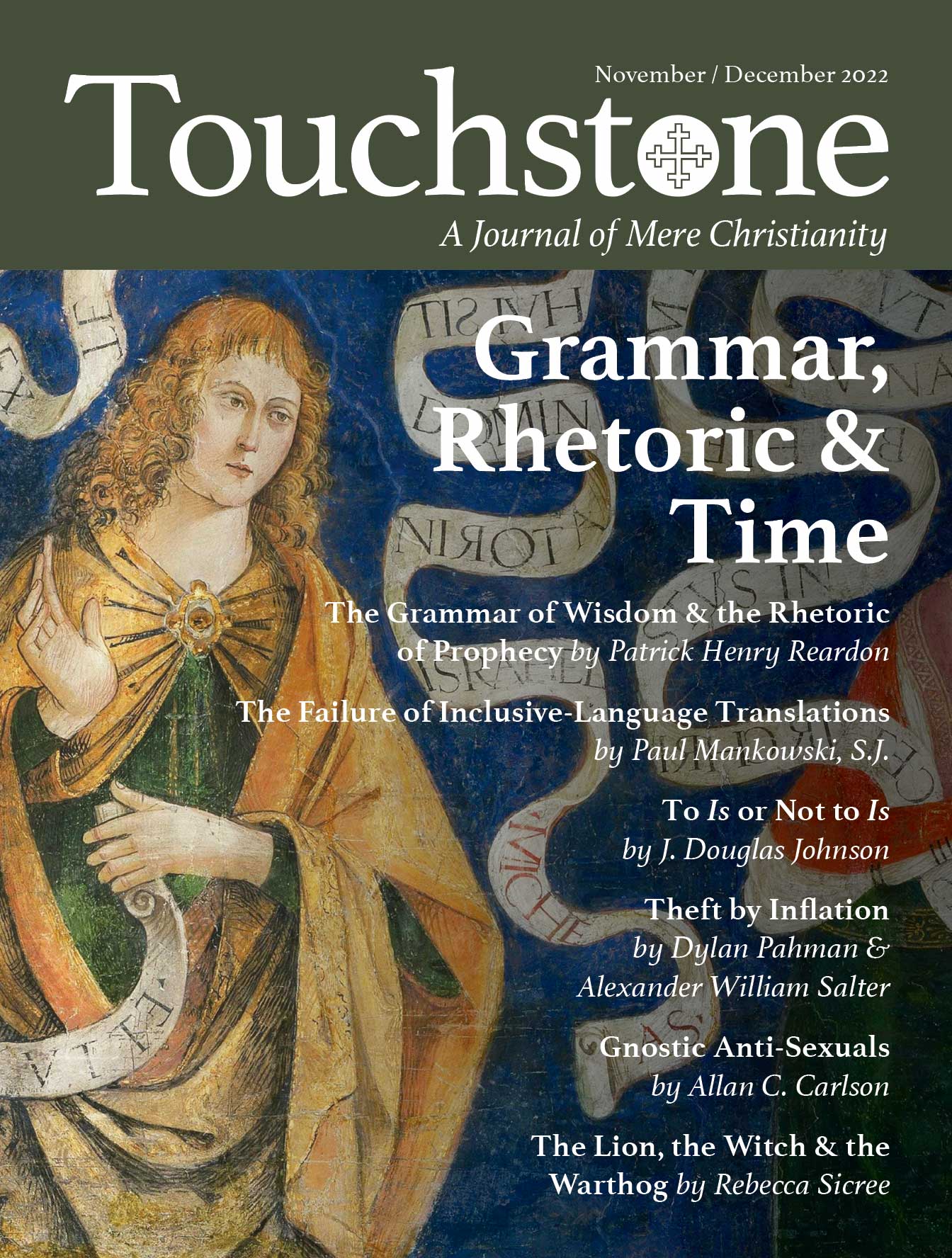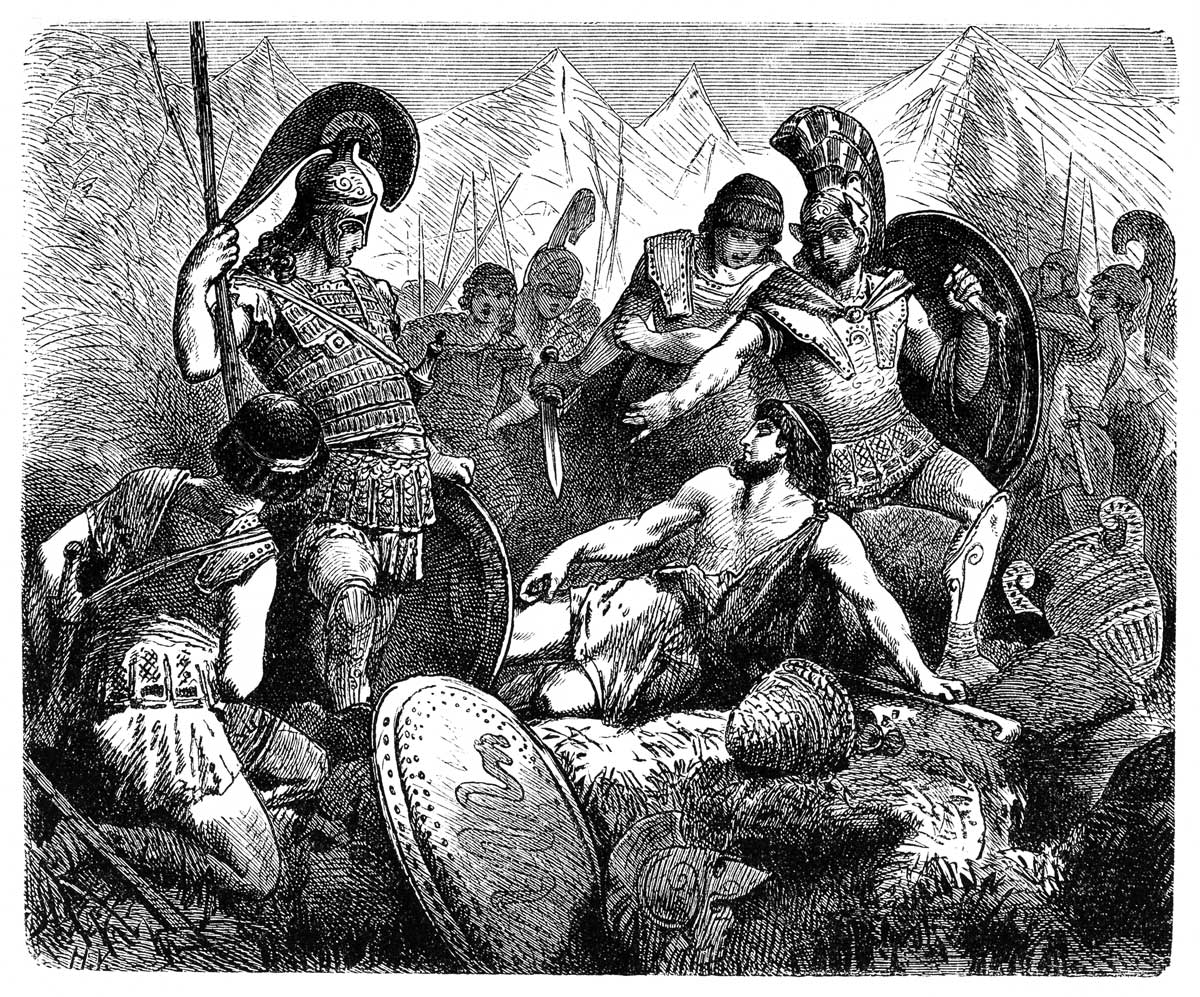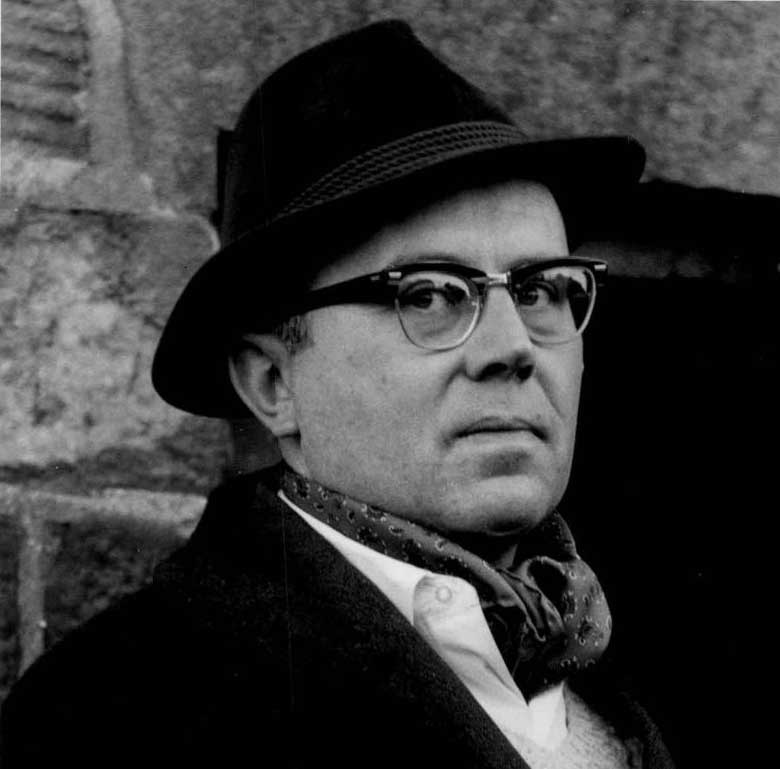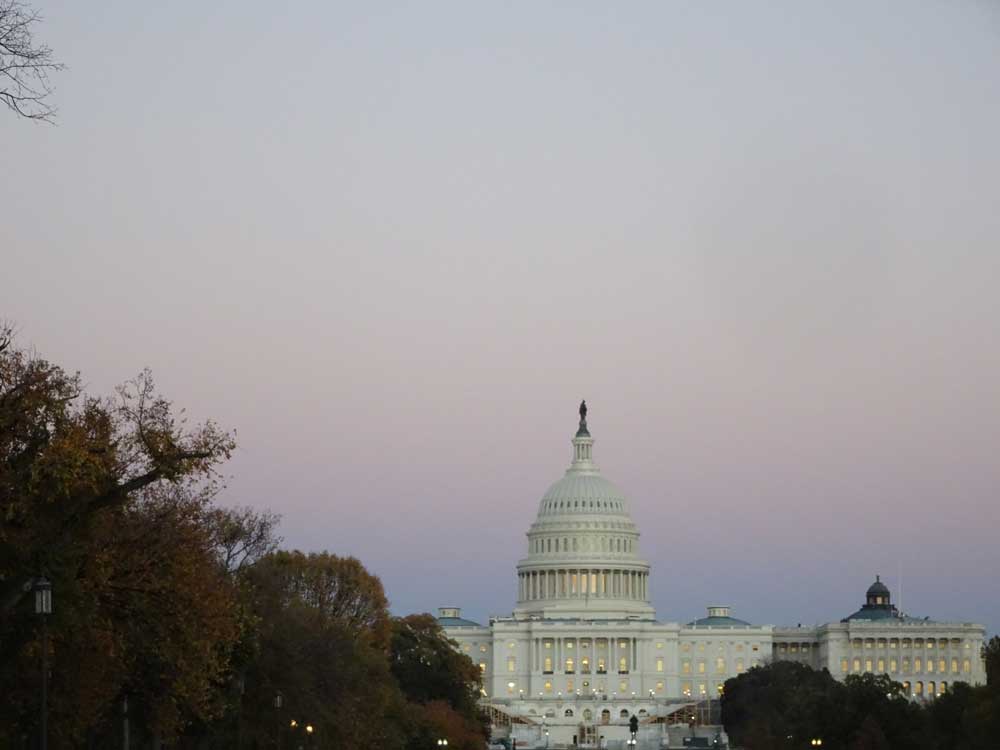Old School Beauty
On the Ennobling Presence of a Goodly Place
I was a doctoral student in Oxford when I was offered, and accepted, a tenure-track position at Princeton University. One of my dearest Oxford friends was the dean of my college—known as “New College,” though by the time I was a student there, it was very old (it had been new in 1379). The dean, whose name was John Cowan, was an Oxford don of the old school. His field was modern languages, and he was known as an excellent tutor, especially for students learning German and studying German literature. He was of the last generation of Oxford dons for which having a doctorate was not a requirement or even an expectation—and he didn’t have one. Nor was he a publishing scholar—he was also of the last generation for which scholarly publications were not necessary, so long as one was a person of learning and an excellent teacher. I suspect that the last piece of academic writing John ever did was his final undergraduate examination when he was himself an Oxford undergraduate.
As dean, he was the college’s chief disciplinary officer. The term “disciplinary” includes all that it connotes for those familiar with American colleges and universities—the responsibility for dealing with students who have gotten into trouble for academic dishonesty and other offenses—but it includes other things, too. The dean was also what at an American university might be called “the Vice President for Student Life,” the official responsible for the overall well-being of students entrusted to the college’s care. And John was the perfect person for that job—perfect because he was wise. He possessed the virtue of prudentia—practical wisdom. He knew what supported and advanced, and what impeded and undermined, the happiness and all-around flourishing of young men and women.
Unusual Words
When I received the Princeton offer, his words of congratulation did not have to do with the intellectual eminence or prestige of Princeton University, though he was no doubt aware of these things. What he said to me, rather, was this: “That is good, Robby. I’ve never been to Princeton, but I’ve been told that it is a beautiful place. It’s important to live in a beautiful place. It’s good that you and Cindy will be bringing up your children in a beautiful place.”
I remember John’s words so vividly because no one else said anything of the kind to me. Generous words of congratulation flowed in from friends and acquaintances of every description, but my other well-wishers focused on Princeton’s intellectual standing and prestige. Only my wise friend the dean zeroed in on the value and importance of the beauty of the place—for my own well-being and the well-being of my wife and our future children.
I must confess, however, that at the time I failed to see the wisdom of his comment. I thought it was interesting, but only because it was unusual and, I suppose, because I thought of it as reflecting a certain charming, if quirky, sensibility. John was a charming and quirky guy, at least for the times in which he lived, because he was such an old school character—a kind of relic of the past, a remnant of what I call “the old Oxford.” He was a sort of Edwardian figure, perhaps even a Victorian one, and indeed, something of a Dickensian one.
But he was right. It is important to live in a beautiful place—or at least a place that is not ugly. It’s valuable to children—not the most valuable thing, or the only valuable thing, and certainly not the only thing that matters to children’s welfare, but nevertheless a valuable thing, a contribution to the flourishing of children, for them to be surrounded by beauty.
The Goodness of Human Goods
That’s because beauty, including beautiful form, is ennobling. Sometimes in dramatic ways, but much more often in subtle ways, it is inspiring. And it inspires us to aspire to things that are worth aspiring to—things that, like beauty itself, are intrinsically and inherently enriching of the human spirit, ennobling.
As my work and the philosophical work of others have sought to show, the human good is variegated. There is not just one basic aspect of human well-being and fulfillment, but many. The appreciation of beauty is one. The pursuit of knowledge is another. The activity of friendship is yet another. And there are more. These human goods are “basic” inasmuch as they are reducible neither to each other nor to some substantive feature or factor that they have in common but merely manifest differently. They are irreducible.
Robert P. George is McCormick Professor of Jurisprudence and Director of the James Madison Program in American Ideals and Institutions at Princeton University (web.princeton.edu/sites/jmadison). His books include In Defense of Natural Law (Oxford University Press) and Conscience and Its Enemies (ISI Books). He has served as chairman of the U.S. Commission on International Religious Freedom. He is a senior editor of Touchstone.
Share this article with non-subscribers:
https://www.touchstonemag.com/archives/article.php?id=35-06-042-f&readcode=10861
subscription options
Order
Print/Online Subscription

Get six issues (one year) of Touchstone PLUS full online access including pdf downloads for only $39.95. That's only $3.34 per month!
Order
Online Only
Subscription

Get a one-year full-access subscription to the Touchstone online archives for only $19.95. That's only $1.66 per month!
bulk subscriptions
Order Touchstone subscriptions in bulk and save $10 per sub! Each subscription includes 6 issues of Touchstone plus full online access to touchstonemag.com—including archives, videos, and pdf downloads of recent issues for only $29.95 each! Great for churches or study groups.
Transactions will be processed on a secure server.
more on theology from the online archives
more from the online archives
calling all readers
Please Donate
"There are magazines worth reading but few worth saving . . . Touchstone is just such a magazine."
—Alice von Hildebrand
"Here we do not concede one square millimeter of territory to falsehood, folly, contemporary sentimentality, or fashion. We speak the truth, and let God be our judge. . . . Touchstone is the one committedly Christian conservative journal."
—Anthony Esolen, Touchstone senior editor












